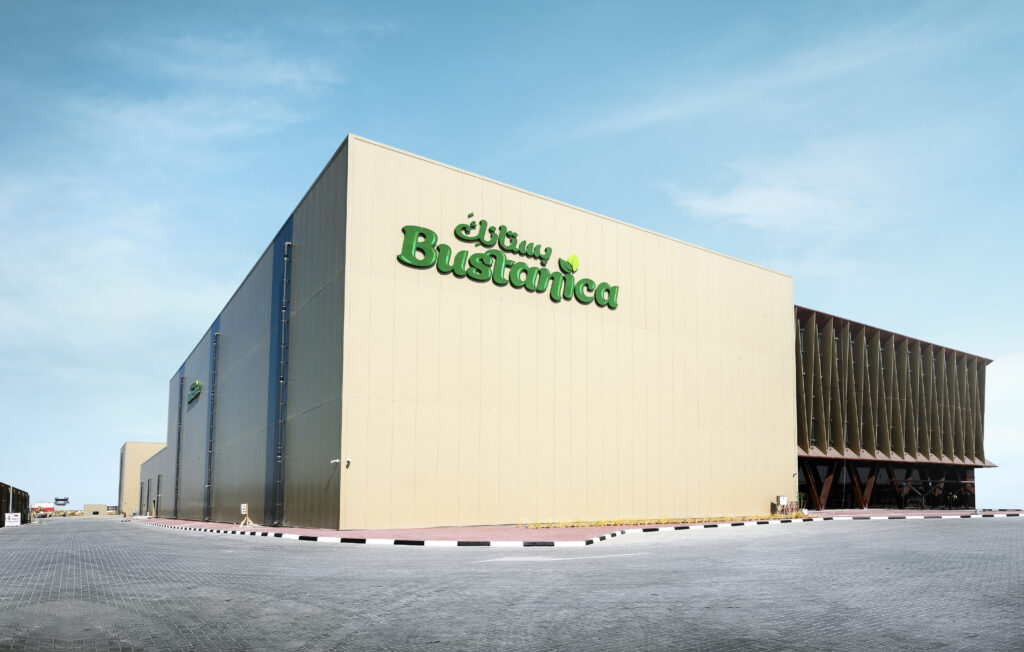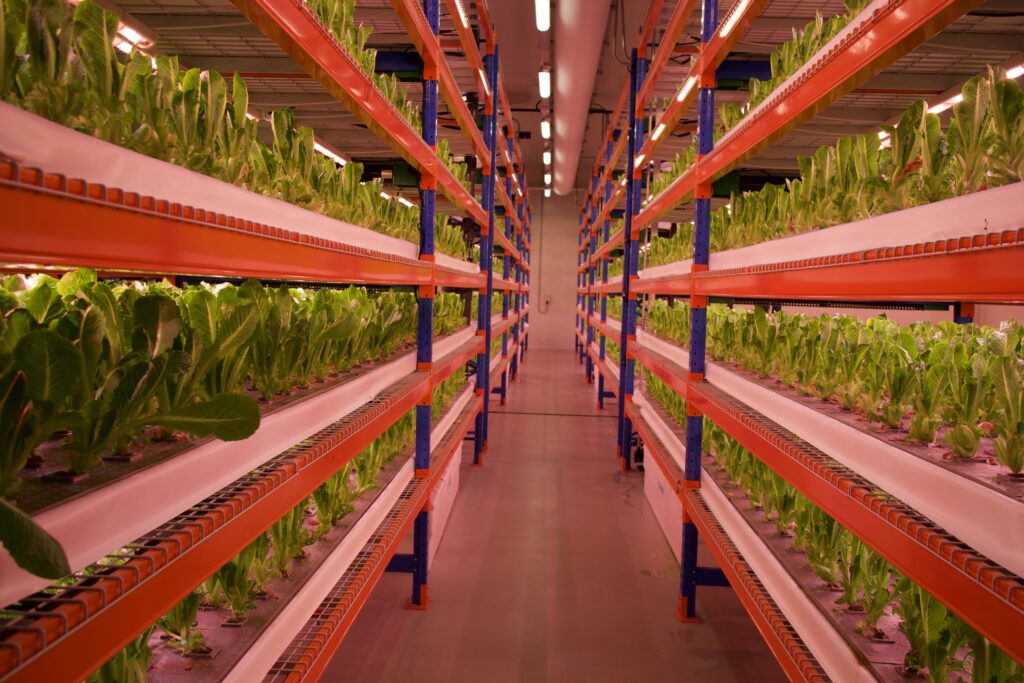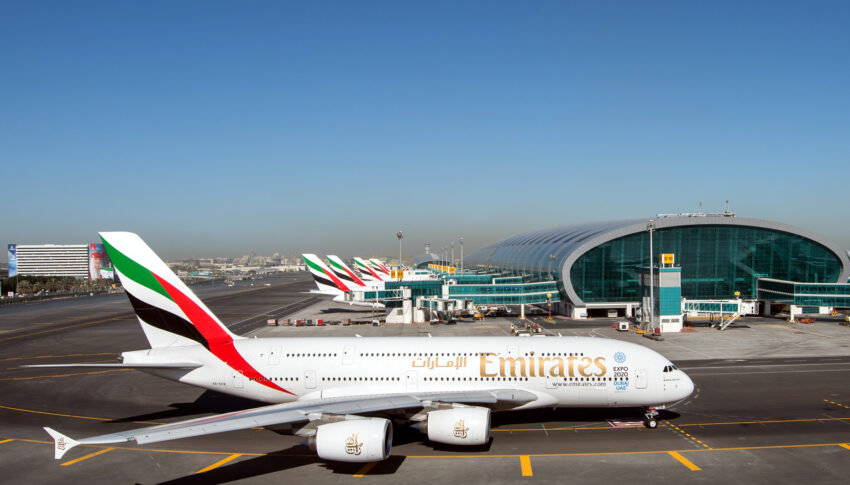As the aviation industry seeks to reduce its environmental footprint from nose to tail of its operations, and everything in between, a growing number of airlines are focussing on how their onboard food is produced. In a new $40 million dollar facility, Emirates and its partner Crop One are using the world’s largest vertical hydroponic farm to grow vegetables for the airline’s catering. It’s called Bustanica — Arabic for orchard or your garden — but how does it work, what are the challenges, and how might this fascinating new technology be used to make inflight operations more sustainable? We sat down with Kieran Dowd, general manager of the Emirates Crop One partnership, to learn more.
At Bustanica, “food is grown hydroponically with unique formulas for each cultivar. It leverages machine learning, artificial intelligence and advanced methods to grow and sustain plants,” Dowd tells us. “This means the plants are supported by millions of data points collected each day for maximum growth and supplied with the exact amount of light, water, and plant nutrients, sans soil.”

In its massive 330,000 square foot facility near the Dubai World Central airport, the Emirates Crop One partnership intends to produce more than a million kilograms annually — some 3,000 kilos a day — of leafy greens, while using 95% less water than other forms of agriculture.
“Bustanica’s produce range currently includes kale, spinach, arugula, lettuce and mixed greens,” Dowd explains. “The farm plans to grow fruits and vegetables in the future. With the use of vertical farming techniques and innovative technologies, these greens are produced entirely without the use of pesticides, chemicals, herbicides, and fungicides.”
The need for these treatments — themselves often the product of environmentally unsustainable methodologies — is dramatically reduced. This is thanks to reduced humidity levels, limited potential via human contamination as the result of the production methodology, and scientifically precise nutrient delivery direct to the more than one million plants via their growth medium: water.
“Bustanica is run by a highly specialised in-house team that includes agronomy experts, engineers, horticulturists, and plant scientists,” Dowd says. “A continuous production cycle ensures the produce is super fresh and clean, and grown without pesticides, herbicides, or chemicals. Emirates Flight Catering and Crop One have developed a comprehensive operating system that controls all aspects of the facility from water treatment, environmental management, nutrient management, and lighting. Bustanica is driven by powerful patented technology — machine learning, artificial intelligence, and advanced methods.”
Emirates passengers have seen the vegetables on board since July, while the caterer plans to roll them out to menus for its more than 100 other customers soon.

Given Dubai’s climate, that drastically reduces the amount of vegetables that need to be either locally produced in a water-scare region, or to be flown in via cargo just to turn around and fly out again — perhaps even on the very same aircraft, just one deck up, prepared and loaded onto a catering trolley.
Other airlines are making a big push towards sustainability, and we can expect even more airlines to join the Veganuary movement — encouraging people to eat more vegan food during the month of January — in 2023.
It’s a step beyond previous measures like Korean Air’s home-grown Jedong Ranch farm on Jeju Island, which celebrates its 50th anniversary of providing onboard produce this year. Indeed, Emirates and Crop One aren’t the only ones in the hydroponics for aviation game, with Singapore Airlines securing supplies for its catering out of Newark Airport just across the Hudson River from New York from local producer AeroFarms.
With new technologies and processes — including meal pre-ordering, automated catering consumption analysis, and the reduction of single-use plastics — now online with more and more airlines, this part of the airline sustainability mix looks to be coming together in a very promising way.
Author John Walton
Published 8th December 2022
Feature image courtesy of The Emirates Group




